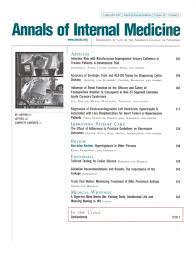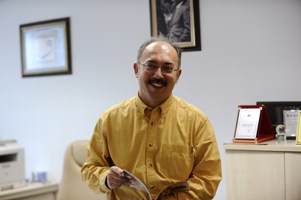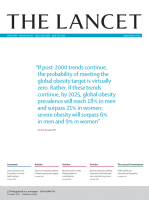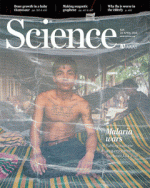
Scientific fraud isn’t what keeps Andrew Gelman, a professor of statistics at Columbia University in New York, up at night. Rather, it’s the sheer number of unreliable studies — uncorrected, unretracted — that have littered the literature. He tells us more, below.
Whatever the vast majority of retractions are, they’re a tiny fraction of the number of papers that are just wrong — by which I mean they present no good empirical evidence for their claims.
I’ve personally had to correct two of my published articles. Continue reading Retractions aren’t enough: Why science has bigger problems

 After the reviewer of a rejected paper was publicly outed, the BMJ has taken the unusual step of explaining why it chose not to publish the paper.
After the reviewer of a rejected paper was publicly outed, the BMJ has taken the unusual step of explaining why it chose not to publish the paper. The Open Science Framework (OSF) has pulled a dataset from 70,000 users of the online dating site OkCupid over copyright concerns, according to the study author.
The Open Science Framework (OSF) has pulled a dataset from 70,000 users of the online dating site OkCupid over copyright concerns, according to the study author. A major medical journal has updated its instructions to authors,
A major medical journal has updated its instructions to authors, 
 We’ve found another retraction for
We’ve found another retraction for  A publisher has retracted a chapter from a book on flow cytometry after determining the authors plagiarized some material — but noted that because the authors cited the article they lifted from, they likely acted “in good faith.”
A publisher has retracted a chapter from a book on flow cytometry after determining the authors plagiarized some material — but noted that because the authors cited the article they lifted from, they likely acted “in good faith.” Surgeon Paolo Macchiarini did not apply for the necessary ethics approval to perform the pioneering transplants he’s known for, according to the Swedish Research Council.
Surgeon Paolo Macchiarini did not apply for the necessary ethics approval to perform the pioneering transplants he’s known for, according to the Swedish Research Council. With
With